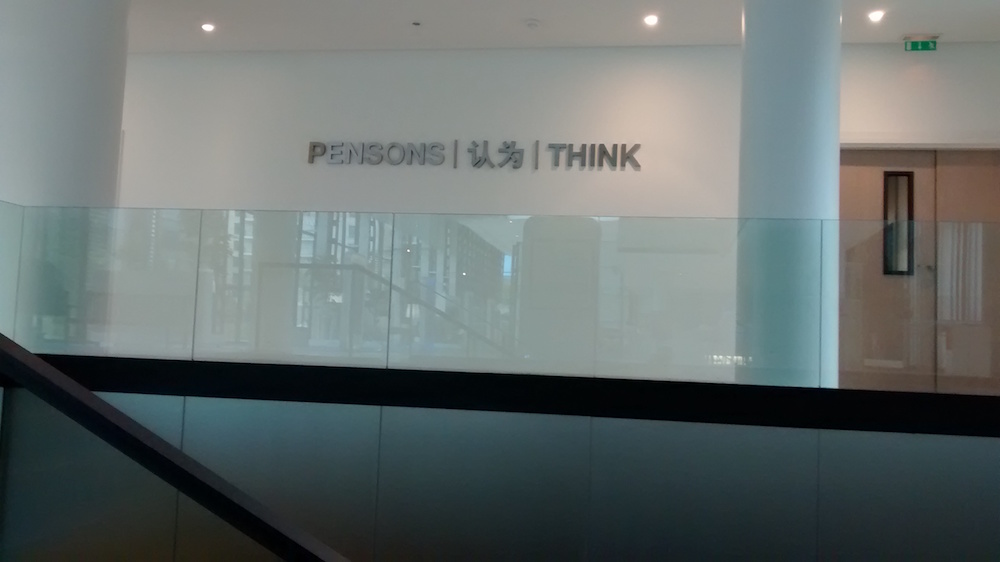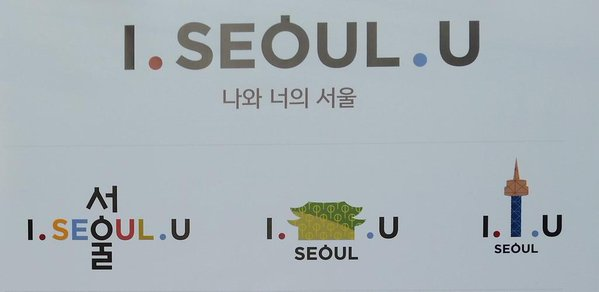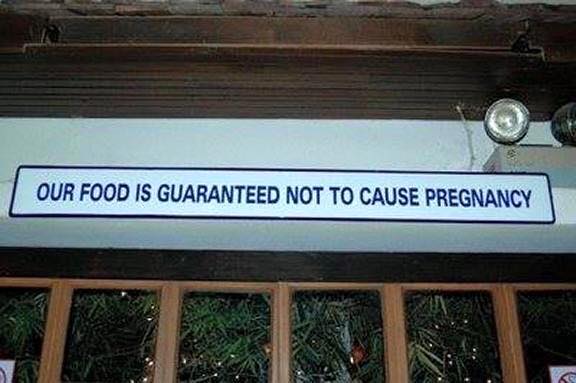Archive for Slogans
Hate
There are multilingual signs all over Swarthmore (where I live) that say "Hate Has No Home Here". The signs are printed in six languages: English, Urdu, Hebrew, Korean, Arabic, and Spanish. I wondered about the choice of languages, but — with a little googling — I found that these are apparently the languages most commonly spoken at Petersen Elementary School in the North Park neighborhood of Chicago, where the campaign to post these signs originated. It's interesting that the linguistic mix of an elementary school in Chicago determined the multilingualism of signs that are being posted all over the country.
Incidentally, there is also a #LoveThyNeighbor (No Exceptions) campaign going on, and here I wondered about the archaism of the "Thy". It seems to me that the King Jamesian language of these signs conveys clear Christian overtones, which may account for the fact that there are far fewer of these signs around than the HHNHH signs.
"Hate" is also a hot topic in China these days.
Read the rest of this entry »
Smog the people
The smog in north China has been particularly horrendous for the past few weeks. In some cities, the PM2.5 (particulate matter smaller than 2.5 micrograms) index is over 1000 micrograms per cubic meter, and in some places has even reached above 1400. The World Health Organization recommends 25 micrograms per cubic meter as the maximum safe level. This means that the PM2.5 index in many Chinese cities often reaches levels that are 40 or 50 times greater than those recommended by the WHO.
Given these dangerous conditions, people naturally want to complain and criticize, but in China you get in trouble when you complain and criticize. One way to release one's ire while hopefully avoiding arrest is to use satire, sarcasm, and irony (in addition to puns and romanization, which we have often documented on Language Log).
Read the rest of this entry »
Coffee and caffeine; laws and morals
A Korean chain coffee shop, Caffe Bene, recently opened a branch at 38th and Chestnut in University City, Philadelphia. This is a design on one of the walls:
Read the rest of this entry »
T-shirt slogans
A 28-year-old Chinese citizen of Korean ethnicity, the activist Pyong Kwon (the Korean reading of his name would be Gweon Pyeong 권평; MSM Quán Píng 權平), has disappeared after telling a friend that he was planning to wear the t-shirt pictured below on the street on October 1, China's National Day.
Read the rest of this entry »
Go China
Jason Cox sent in the following very brief video from the USA-China basketball game at the Rio Olympics, showing a man holding a sign that says "Go USA".
Read the rest of this entry »
You ain't no Muslim
You ain't no Muslim, bruv! The phrase already gets more than 650,000 hits on Google in the UK, and the hashtag #YouAintNoMuslimBruv gets about 1,670,000. It is becoming a mantra, a talismanic incantation for conjuring up goodwill in a world where more and more attempts are being made to foment hatred between Muslims and everyone else.
Read the rest of this entry »
Permalink Comments off
I.SEOUL.U
The city of Seoul, South Korea, has a new slogan. This is what it looks like:
Read the rest of this entry »
Cabbages & Condoms
Tom Mazanec's uncle recently came across this sign in a restaurant in Chiang Rai, Thailand:
Read the rest of this entry »
Oli ko goli
Anschel Schaffer-Cohen writes:
Oli, 63, is generally popular in Nepal and has a reputation for being outspoken. Some use the phrase “Oli ko goli” to describe him – “When Oli speaks, he fires [a bullet]”.
Can so few syllables–three, not counting his name–actually contain that much information? What's the literal translation of this phrase, and if there's implied context where does it come from? Since I remember reading that you speak Nepali, I was hoping you could shed some light on this, either personally or on the blog.
You can find similar translations of “Oli ko goli” all over the web, but they're all wrong.
Read the rest of this entry »






